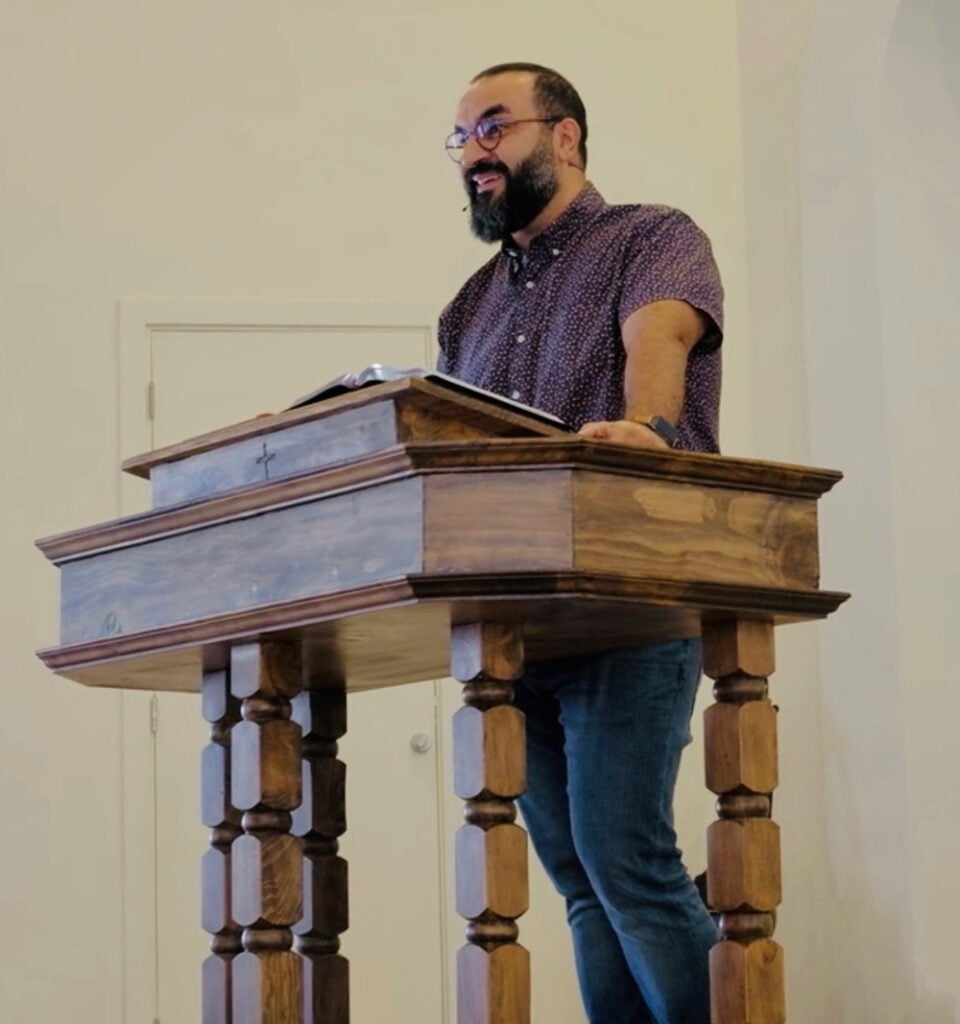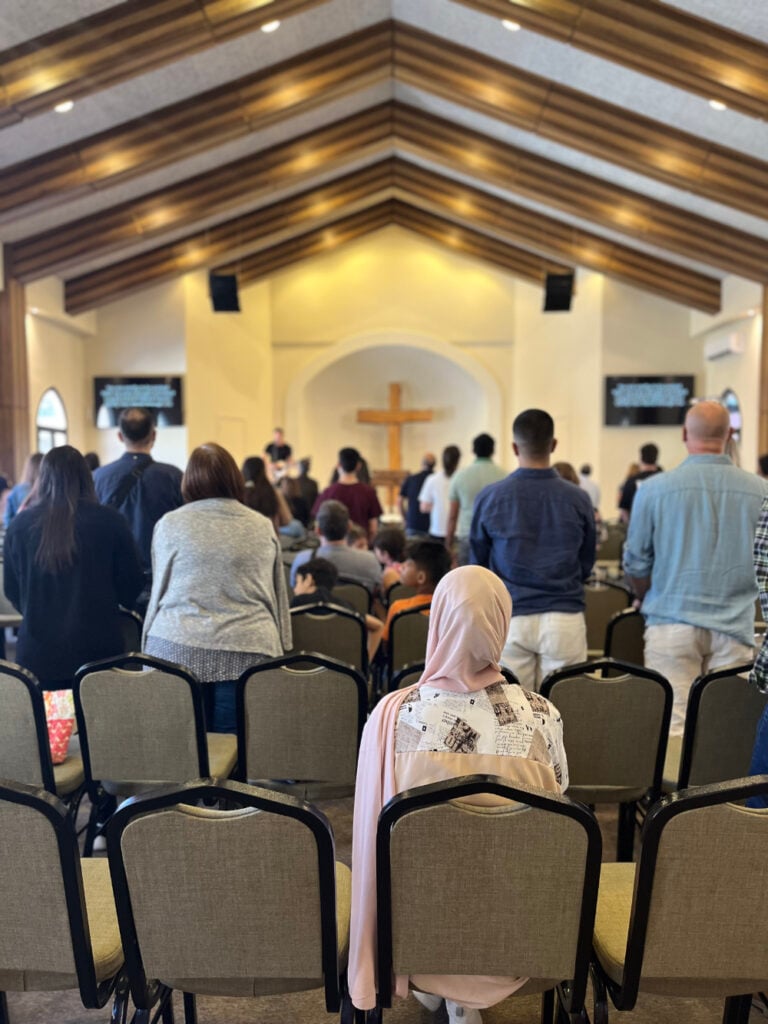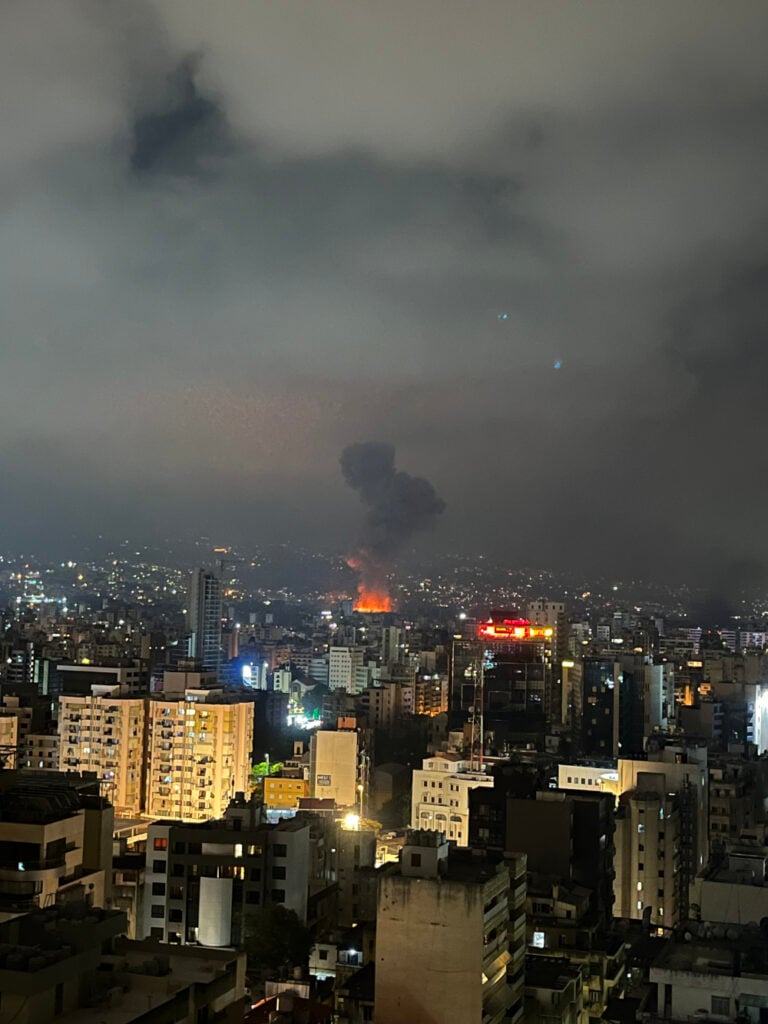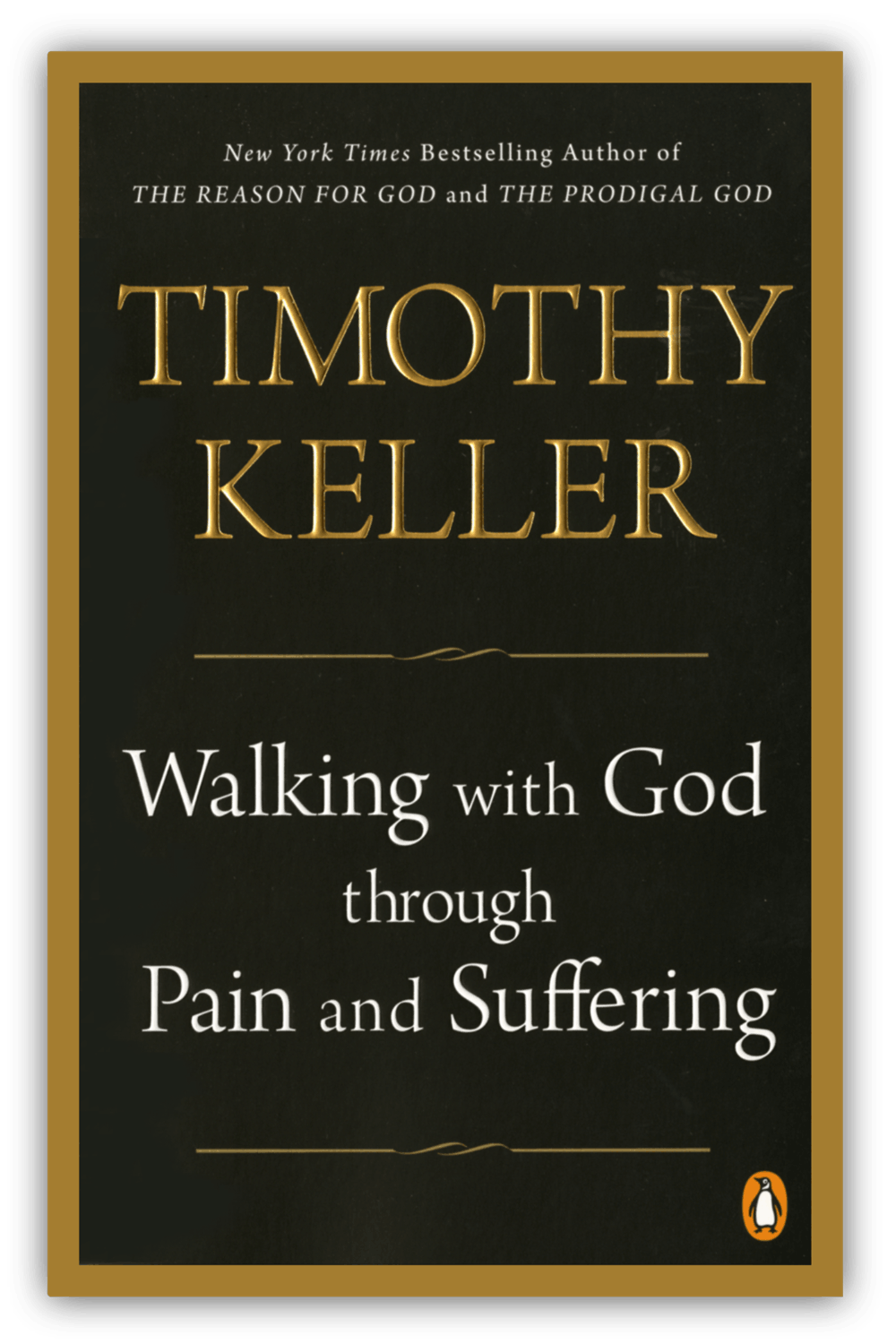Gospel in Life is privileged to share stories from Redeemer City to City (CTC) — stories of gospel-changed lives and communities (like the one below). CTC exists to multiply churches and Christian leaders committed to a shared vision for gospel movements in the great cities of the world. Through a worldwide network of regional affiliates, CTC accomplishes this by training, coaching and equipping local leaders and pastors to start and strengthen churches and initiatives that serve the flourishing of their cities. Please pray that God will continue to bring about gospel change through this worldwide network of leaders and trainers. To learn more, visit their website: redeemercitytocity.com.
City Bible Church in Beirut is part of the global City to City network and is pastored by Marwan Aboul-Zelof. His church seeks to live out the gospel in their city through faithful and gracious ministry that points people to Christ. We are grateful for all God is doing through their ministry in this part of the world.
Political instability, a plummeting dollar resulting in a severe financial crisis, echoes of a Civil War that didn’t end until 1990, and a general hopelessness from repeated cycles of corrupt government. This is what Marwan Aboul-Zelof and his young family encountered when they moved to Beirut, Lebanon in 2016 to plant a church.
Then, in 2020, in the middle of COVID, 2,750 tons of unstable, inadequately stored ammonium nitrate exploded in the Port of Beirut. The explosion, just a quarter of a mile from City Bible Church, the church Marwan and Marci started in the spring of 2018, has been ranked among the most powerful non-nuclear explosions ever recorded. City Bible Church’s meeting place, with its recent construction and remodel, was severely damaged.
And since the fall of 2023, there has been escalated fighting between Hezbollah and Israel along Lebanon’s southern border. The attacks reached Beirut in the fall of 2024, resulting in daily bombing for three months. Marwan, Marci and their two boys could hear the drone strikes and see the explosions from their apartment. They heard the hard-to-describe loud buzz of a surveillance drone for nearly twenty-four hours a day.
And yet they stayed.
Marwan is quick to point out that they are not the only ones who stay in Beirut. His fellow elders at City Bible Church stayed. Lebanese pastors across the city stayed. Millions of citizens stayed. Beirut is still a bustling and tremendously beautiful city. But lots of transplants and missionaries left (often told to by their embassy or mission organization). Many factors come into play in someone’s decision to go or stay in light of these extraordinary circumstances. Marwan and Marci stayed because of the gospel.

Marwan was born in Kuwait and is of Lebanese and Palestinian descent. An August 1990 visit to family members in California, when he was seven years old, coincided with Iraq’s invasion of Kuwait, which sparked the Gulf War. Unable to return, Marwan grew up in California, heard the gospel and became a Christian, and met his wife, Marci, at a mission and prayer school. They both felt called to missions. As they sought God for direction, they helped plant a church in Arkansas, fell in love with the local church, and grew in their conviction and desire to see a church, like the one in Arkansas, planted in a place where Christ wasn’t known.
As God drew them to Beirut, Marwan and Marci discussed the importance of staying, enduring, and persevering amidst hardships because of the gospel. “We prayed and considered how powerfully our response to hard things could display the gospel,” Marwan said. “We hoped we could live through difficult days, but couldn’t say for certain how we would respond. We could never have imagined some of the things that have happened. We didn’t know we’d be the closest church to the biggest explosion in history. We’ve seen economic collapse, riots, war. My heart kind of beats fast thinking about all those things. And yet one after the other, the Lord sustained us. We look back, not really sure how we navigated everything, and then it builds our confidence in him, not ourselves.”
Many aspects of the gospel inform Marwan and Marci’s response. One significant one is Christ coming down and dwelling among us. Immanuel, God with us. As they share this fragile and fraught space with their community, this “ministry of presence” cements relationships and provides deep connection. This resonated deeply with Marwan when, several years ago, after the explosion and after COVID, he returned to Beirut after a trip. “The country was in a horrible state,” Marwan said. “We had no idea what was going to happen, and much has happened since, but I was impacted by this ministry of presence. Christ came, and he was with us. And I remember thinking, what can we offer? What can I preach on? What can we do? We’re anxious and tired and uncertain of how we can help, and yet we’re here for this purpose. And there was just a sense of comfort. Being here is a good and important thing that God can use, even if we’re not doing anything other than just, ‘Hey, I’m also here. I’ll call you in the morning, and hopefully we’ll be okay. Let’s trust the Lord together.’”
Christ came, and he was with us. And I remember thinking, what can we offer? … Being here is a good and important thing that God can use.
One Sunday morning, as Marwan preached, everyone suddenly went on alert. The tension in the air was palpable. They’d all heard the same noise, a loud boom, and weren’t entirely certain what it was. Was there more coming? Did they need to respond? Flee? Then the mood shifted. It was clear to Marwan they’d all come to the same conclusion. It wasn’t a bomb. Possibly a gunshot. Likely a car backfiring. But everyone had a visceral response because of what they’ve gone through — are going through — their collective trauma.
“By the grace of God, I was able to crack a joke,” Marwan said, smiling. “It was something we all heard, but if I didn’t live here and experience what everyone in that room has experienced, I might have been confused by the noise. I might have gone on with my sermon and not acknowledged that all hearts in the room just started pumping faster. When someone talks about being distracted at work, I get that. I feel the same. We can relate to one another. That’s been something we’ve been trying to show at the church. We are first defined by our union with Christ, but that doesn’t ignore the reality of how else we’re formed and the ways we’re affected in this world — drones, bombs, sleeplessness, anxiety, all these things. And yet, there have been many opportunities to say, yes, this fear, this anxiety, but Christ. And we wouldn’t have had those opportunities if the church had shut down or if we had left.”

Through the challenges, perhaps because of them, people have come to faith. Marwan has baptized new believers, first in the Mediterranean, and when that area became unsafe due to the bombings, now in a blow-up pool in their sanctuary. “People have been growing in their faith,” Marwan said. “I’ve been so encouraged. These young Christians have dealt with these hardships early in their faith. And so these are the moments that God proves his faithfulness to us. God says, ‘Look. The gospel is even powerful enough for this difficulty. My grace is sufficient, all the more in these challenges.’”
Unlike times of peace and prosperity, hardships loosen our hold on the things of this earth and make eternity real. As Marwan has preached the gospel of the kingdom, this hope of heaven and how the “sufferings of the present time are not worth comparing with the glory that is to be revealed in us” (Romans 8:18), his conviction to stay has deepened. Marwan said, “I can’t comprehend how I could preach this gospel and then say, ‘This is all a bit too much for us. We’re going to go for a bit and then come back when things calm down.’ I want to stay — not out of obligation, but from a commitment to the church I’m entrusted to and the gospel I believe. I don’t know how I, and other pastors serving across the city, could minister to a hurting, traumatized, weary, anxious people without knowing at least in part what they are going through.”
And the church has had opportunities to reach out and comfort other hurting, traumatized, weary, anxious people. When the southern suburbs of Beirut were bombarded last fall, hundreds of thousands of people were displaced from their homes. Marwan knew he and the church couldn’t respond to everything, but they volunteered, put together care packages, and donated funds to cover basic and immediate needs: food, clothing, blankets and mattresses. The church also built longer-term relationships with a handful of people, providing counseling, sharing the gospel, and reflecting the love of Christ in whatever way they could.
They had similar opportunities in 2020 after the explosion. For months, the church helped provide hundreds of meals a day, distributed Bibles and gave water to workers and anyone thirsty. With the help of a house painter and carpenter who were not part of the church, they restored 30 houses and sought to bring relief and stability to those who had lost much. Again, they offered wide relief, at first emergency response and then deeper care with a handful of families. “Previous crises we’ve navigated prepared us to jump in,” Marwan said. “These opportunities allow us as a church to not just display what Christ has done for us, but also to use our gifts in ways that sometimes we don’t have the opportunity to do.”

But the primary role Marwan sees for himself during this season is to be a faithful pastor and friend who preaches and lives out the gospel. To reach out through their church members’ WhatsApp group to the parishioner who can’t sleep since the missile strikes and say, “Hey friend. You doing okay? I’m here. I’m praying for you.” Or to look someone in the eye on a Sunday and say, “I’ll see you next week,” or, “Let’s pray now,” or, “Call me if you need anything.” That ministry of presence. To preach and live out a gospel that is more than sufficient. Tim Keller often said that the gospel is not just the ABCs but the A to Z of the Christian life. Marwan has experienced the gospel reaching all the way to Z — all the way to still speak and instruct and comfort no matter the extraordinary circumstances. And that’s why he stays. That’s the gospel he preaches. These challenges have allowed him, his family and his church to see the gospel in a light that they hadn’t seen before — to see and experience its power and sufficiency.
“We stay because of the gospel,” Marwan said. “And it is the gospel that keeps us. I like the way Marci puts it: we trust the Lord in all of these things, and we have counted the cost, but we don’t always know what that cost will be at the end. We pray it’s not more than we counted, but trust that he will be sufficient for us even if the cost feels more than we can carry.”
Marwan and Marci Aboul-Zelof spent two years at Redeemer Dubai, participating in a church-residency program, before moving to Beirut in the fall of 2016. Marwan attended the 2017 Redeemer City to City (CTC) International Intensive in New York City. City Bible Church is one of thousands of churches connected to the CTC global ecosystem, all serving with a vision to see the gospel of Jesus Christ transform lives and impact cities. They have two young sons — both born in the Middle East.




